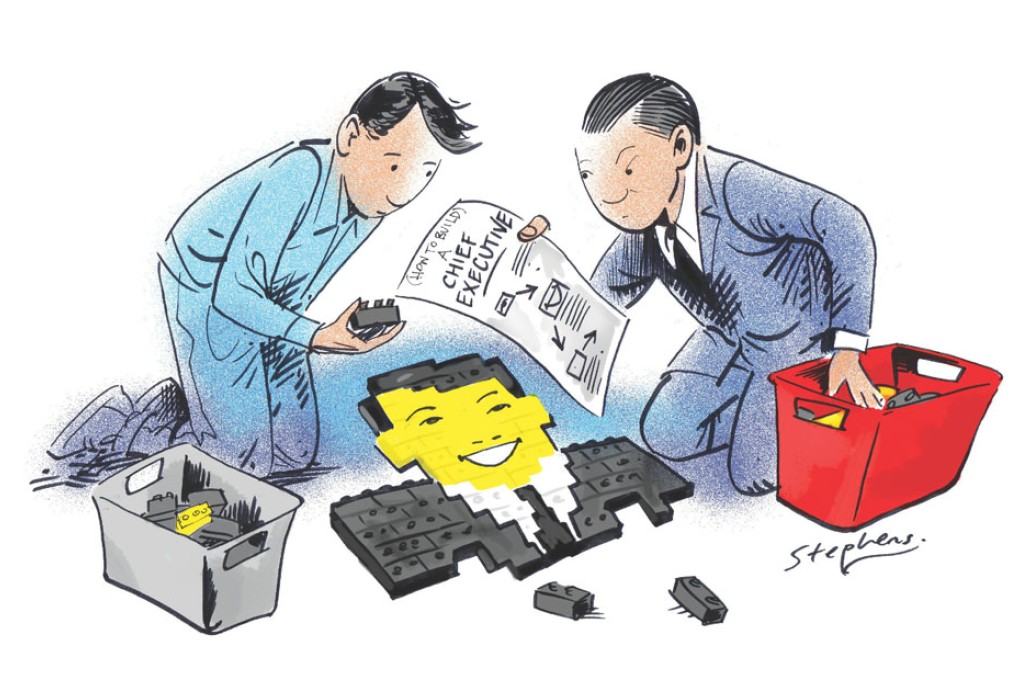New | Pragmatism will help Hong Kong reach deal on electoral reform
Joseph Wong says the contentious points laid out for public consultation make it clear that electoral reform won't happen unless all parties involved, including Beijing, keep an open mind

Chief Secretary Carrie Lam Cheng Yuet-ngor successfully launched the public consultation on the arrangements for electing the chief executive in 2017 and forming the Legislative Council in 2016. This was no easy feat, given the politically charged background of calls for the public nomination of chief executive candidates, as well as the threat of Occupy Central if arrangements for electing the chief executive do not meet international standards of universal suffrage.
In her Legco statement, Lam urged political parties and the public to adopt a rational and pragmatic approach, as well as an inclusive attitude, in order to forge the biggest consensus. The call for pragmatism and inclusiveness is absolutely right. Let's hope that Beijing, which has the ultimate say on the electoral arrangements, shares this attitude.
The primary focus of the consultation will be on the arrangements for returning our next leader by universal suffrage in 2017. If we fail to achieve that, then, in the words of Jasper Tsang Yok-sing, Legco president and an unquestionable patriot, Hong Kong would become ungovernable.
If we do reach this "ultimate aim" - as stipulated in Article 45 of the Basic Law - in 2017, then it will be more than 30 years after Beijing first started to consult Hong Kong people on drafting the Basic Law, and 20 years after the establishment of the Hong Kong Special Administrative Region. This historical perspective reminds us that Hong Kong people have waited long enough for the right to elect their leader and are not prepared to again accept a chief executive handed down from above or a small pool of candidates chosen by a group of apparently patriotic but unrepresentative people who make up the overwhelming majority of the present Election Committee.
There is much to discuss. Take the committee to nominate chief executive candidates, as set out in Article 45 of the Basic Law, which is arguably different in nature from the Election Committee stipulated under Annex 1.
In 2007, Qiao Xiaoyang, the then deputy secretary general of the National People's Congress Standing Committee, said the nominating committee may be formed "with reference to" the current provisions regarding the Election Committee(which presently comprises 1,200 members from four sectors, each of 300 members). However, the government's consultation paper carries a footnote that says the term "with reference to" is legally binding, meaning that its composition should be more or less the same as that of the current committee, albeit allowing room for adjustments.